Celebrating Class of 2025: S Sandiyashini, Life Sciences
July 15, 2025
Why the College of Humanities and Sciences (CHS)?
NUS was the perfect environment for me to become an all rounder academically. I entered university with the intention to explore widely while staying rooted in my passion for public health. Over the past four years, I have woven together threads from scientific research, student leadership and global health exposure into a rich tapestry of growth - one that has shaped both my personal and professional aspirations.
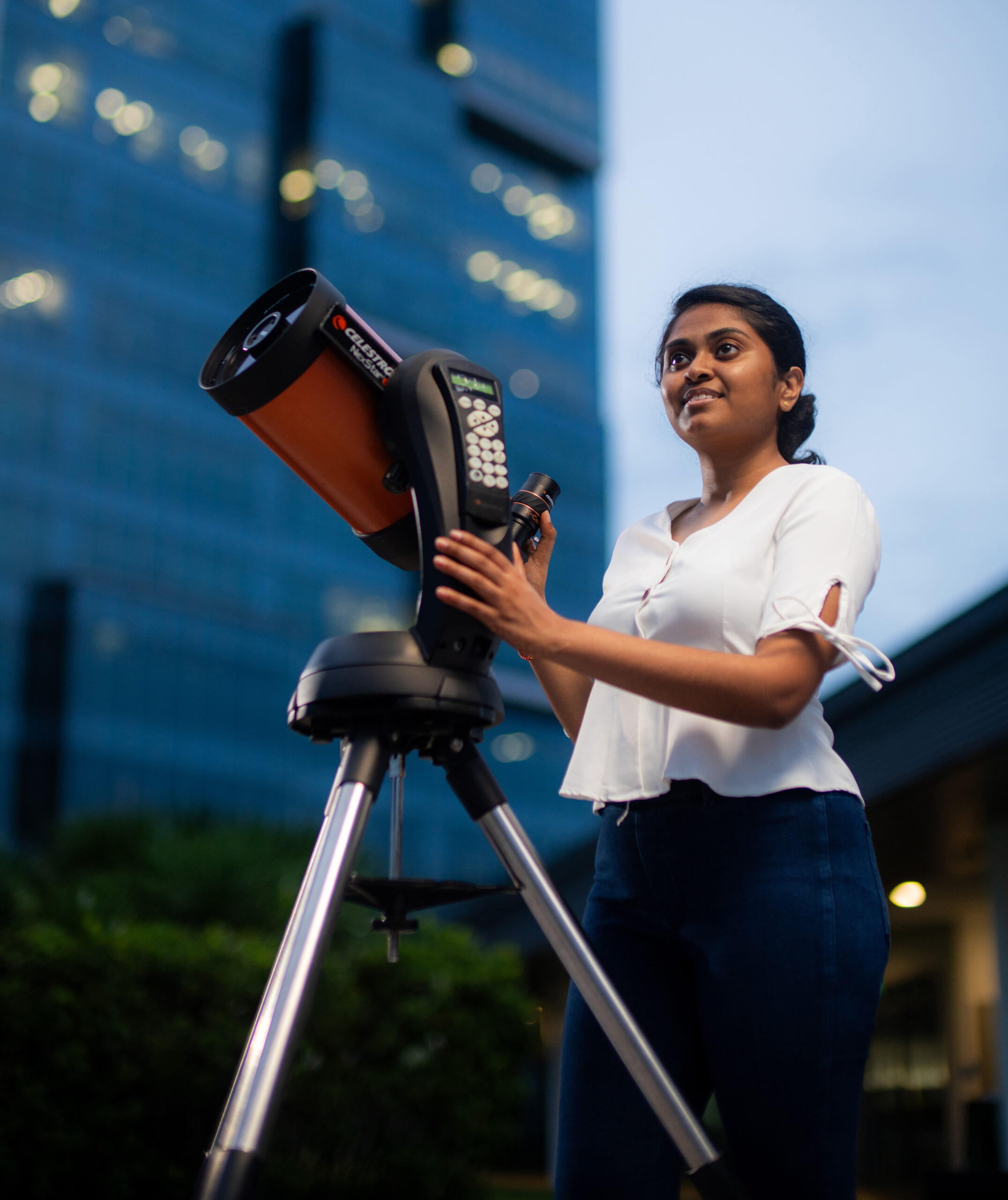
I began my NUS journey as a Singapore Sustainability Scholar (National Environment Agency), intending to major in Life Sciences with a Specialisation in Biomedical Sciences. I hoped this academic path would ground me in microbiology research - knowledge I believed would be crucial in my future career at NEA.
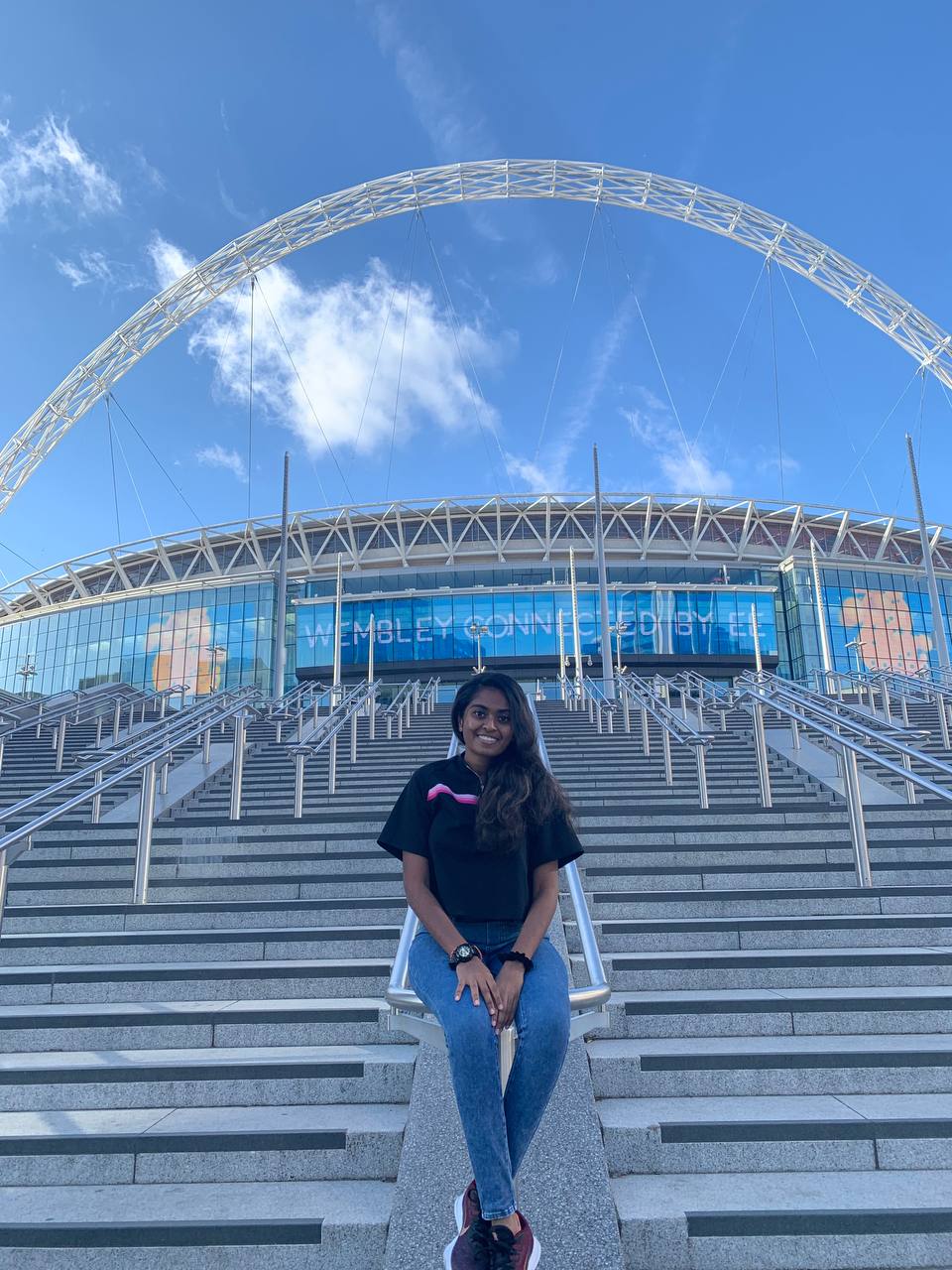
To complement this, I pursued a minor in Public Health and a second major in Business Management. These additions gave me insights into health systems, as well as essential soft skills in communication, negotiation and team management. Looking back, while I did achieve my academic goals, I am most grateful for how my experiences instilled in me the confidence to serve as a future leader in the public health sector.
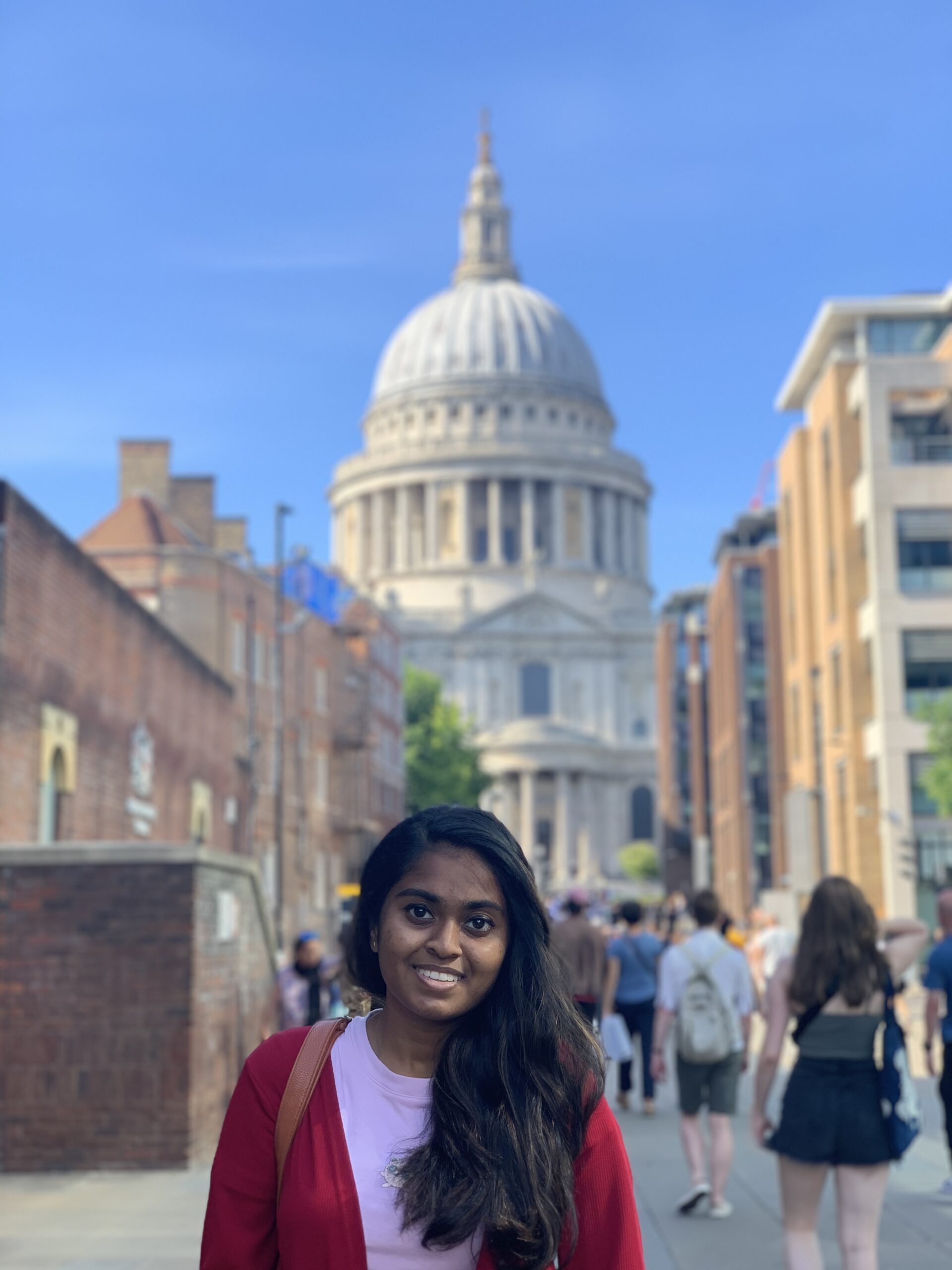
A rich intellectual journey
My academic curiosity led me to take numerous microbiology courses; I was privileged to learn from NUS’ esteemed faculty through laboratory sessions, journal clubs and infectious disease case studies. I read the General Virology course as well as a semester-long project on bacteriophages as part of the integrated research project course in the Special Programme of Science. I capped off this journey with a virology-based Final Year Project (FYP) - this was where I could finally bring together years of research training, much of which began in my earliest days at NUS.
I have been interested in research since secondary school. This passion led me to apply for the Special Programme in Science (SPS), where I was exposed to diverse scientific disciplines beyond Life Sciences. SPS did not just broaden my horizons; it also sharpened my skills in scientific writing, presentations and viva voce. The foundations from SPS gave me the confidence to venture into my FYP with a strong sense of readiness and rigour.
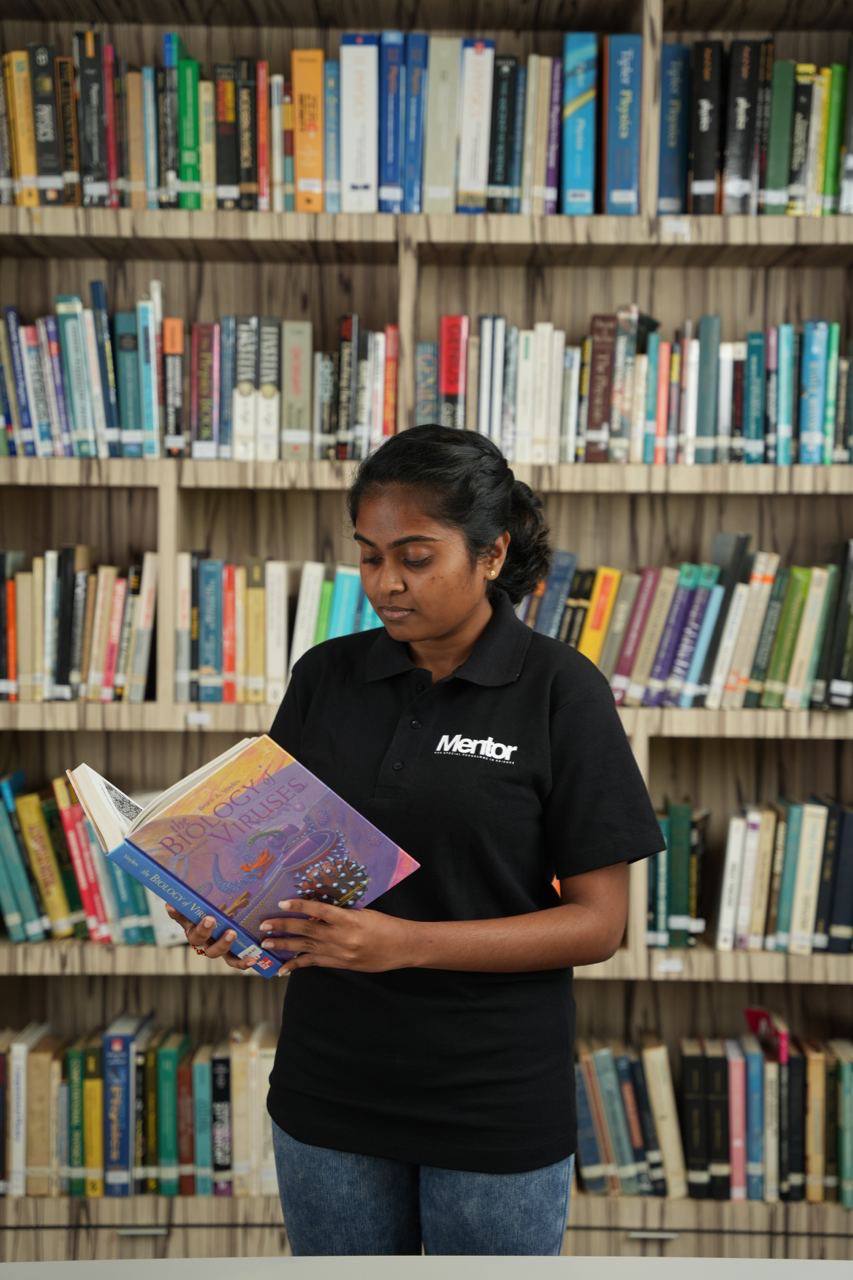
As a student, I constantly sought ways to give back to the wonderful communities that supported me in my early university years. In Years 3 and 4, I became a mentor in SPS and was later appointed Head Mentor. This role saw me coordinating with professors, training fellow mentors and organising the annual SPS Research Congress - all while supporting students during tutorials and lectures of other SPS courses. One of the greatest lessons I learned through this experience is that scientific knowledge need not be siloed. As a Life Sciences student, I found value in reading outside my discipline. I developed the confidence to learn from scratch, think critically and apply my skills across difference scientific domains.
One SPS course that stood out to me was SP3275: Science for a Sustainable Earth. I am considering a career pathway in sustainability and climate change and I saw this course as an avenue of fulfilment for knowledge in that sector. It introduced me to climate science through hands-on fieldwork and Python-based modelling. It also deepened my interest in sustainability and the potential intersections between climate change and public health. If I could serve Singapore one day as a scientist in the One Health sector, SPS will have played a large part in preparing me.
Public Health - while still a relatively niche subject area in undergraduate education - became a cornerstone of my learning journey. In addition to my minor, I took part in the Public Health Challenge (2022), where my team and I emerged as first runners-up. Later that year, I travelled to the United Kingdom to attend a Global Health Summer School at University College London. There, I learned how countries differ vastly in their approaches to disease control, shaped by social, economic and political factors. A big takeaway was learning not to take Singapore’s well-developed healthcare infrastructure for granted. But more importantly, I realised that comparison alone is not enough; we must critically examine our own blind spots and strive for constant improvement. Conversations with international peers made these insights all the more meaningful.
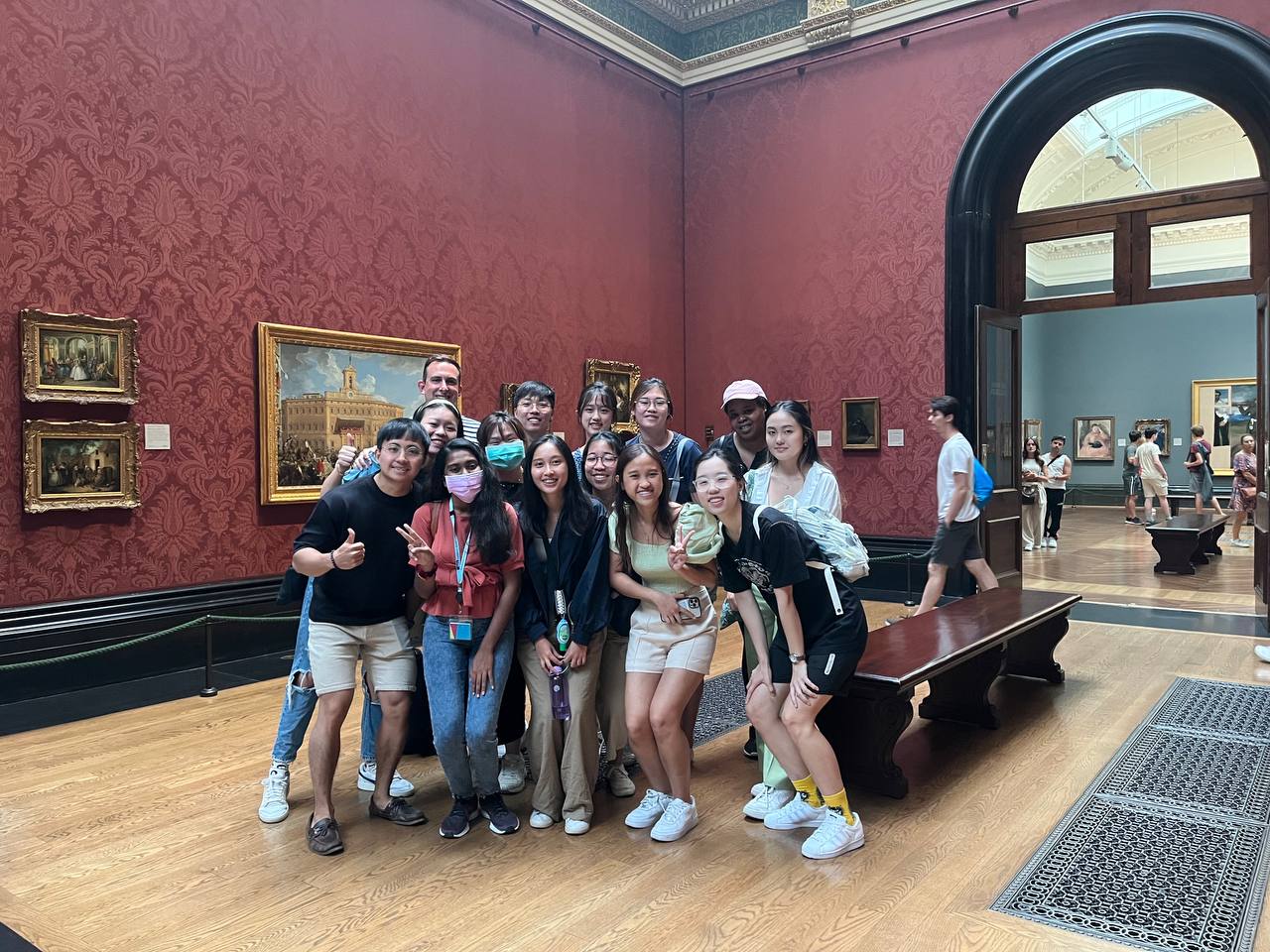
Making the most of student life
Outside the classroom, student life brought colour and challenge to my university years. In Year 1, I joined the planning committee for the Life Sciences Camp to give back to the vibrant Freshman Orientation Programme that welcomed me. I enjoyed the process so much that I returned in Year 2 as Project Director, leading the first fully in-person camp after COVID-19, complete with a beach day!
I also assumed the role of President of the NUS Life Sciences Society - a role which gave me the opportunity to coordinate six departments, elevate the student experience and mentor junior members of the committee. It was incredibly fulfilling - I learned how to strike a better balance between being task-oriented and people-centred and to lead with intention and heart.
Looking ahead
I aspire to be a scientist serving Singapore in the public health and sustainability field. CHS has given me more than just academic grounding - it has taught me to learn across boundaries, communicate effectively and lead with empathy. The interdisciplinary education I received empowered me to explore widely and connect the dots between science, society and service.
To any student reading this: don’t be afraid to chart your own path. Explore broadly, dive deeply and be open-minded.
Contributed by S Sandiyashini

